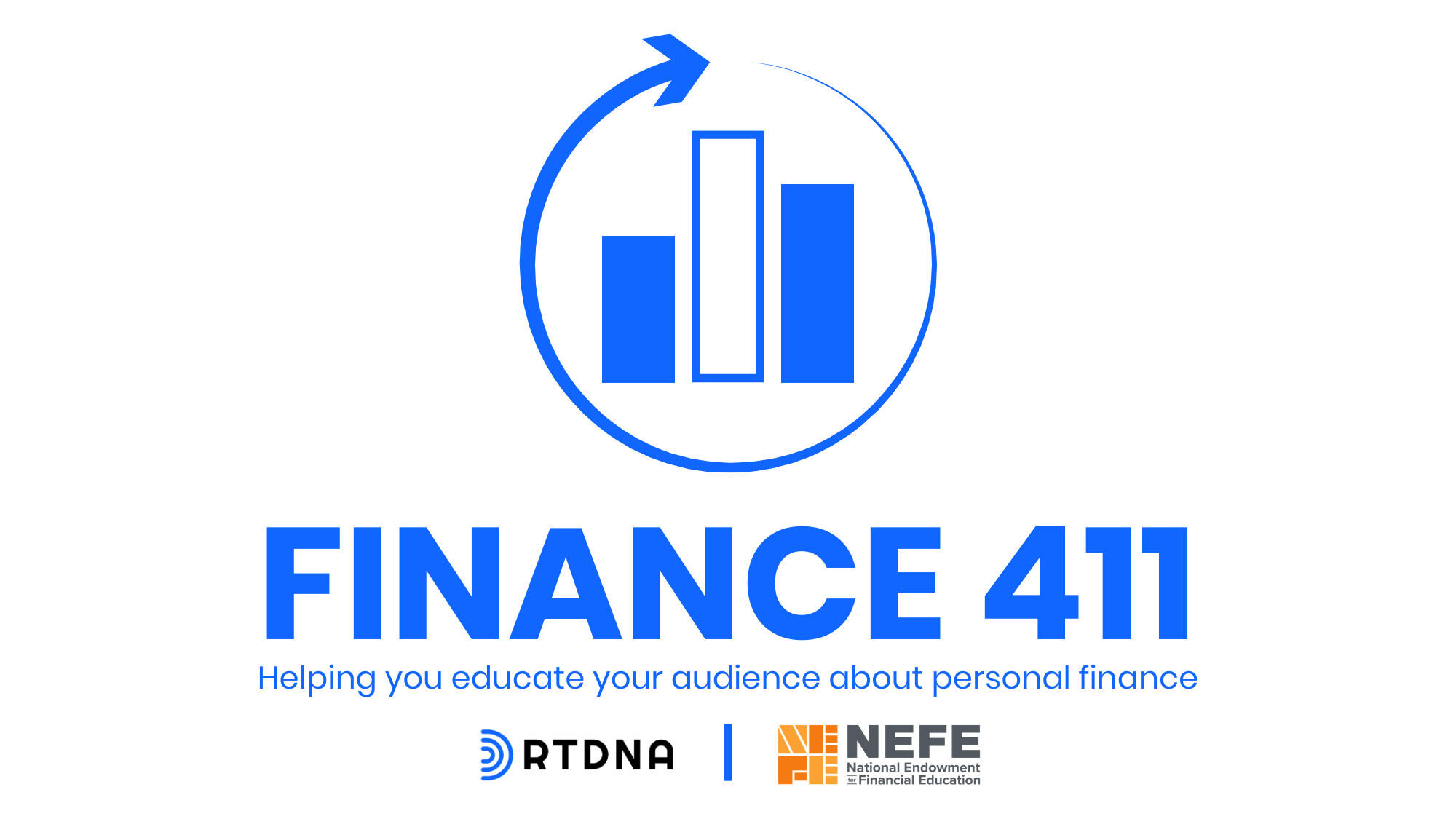Money Matters: What is a CFP?

In December 1969, a profession was born when 13 insurance and investment professionals met to try to find a better way to help people manage their money. According to Investment News, “Instead of focusing on the sale of financial products, it would concentrate on helping clients manage their finances. It wouldn't be just about portfolios. It would be holistic.”
It took a few more years to develop into an official certification board to educate and certify financial professionals as Certified Financial Planners, of which there are around 85,000 in the United States.
Today, there are more sources than ever for financial advice, ranging from blogs and online communities to several types of professional advisors.
“That's what financial planning is all about — it's life goals.” Patty Houlihan, a former chairwoman of the Certified Financial Planner Board of Standards Inc, and a CFP since 1983.
And many people may not know the differences among the different types of advisors – and there’s where consumer reporters come in. Help your audience manage their money by answering questions like:
- What is a financial planner?
- How is a financial planner different than other types of brokers or advisors?
- How are financial planners trained and certified?
- What laws and ethics requirements must they uphold?
- How can you figure out what type of financial advisor you need?
Take note of how the industry is still changing too: For example, in June 2020, the board which oversees Certified Financial Planner accreditation is making some changes to its rules.
According to Investment News, “Next June, the CFP Board will begin enforcing a new requirement that mark holders — including brokers — act as fiduciaries for their clients at all times, not just when they are putting together financial plans.”
What does that mean in practice? How could it affect consumers of financial services?
Weekly Money Matters personal finance content for your newsroom is sponsored by the National Endowment for Financial Education.
